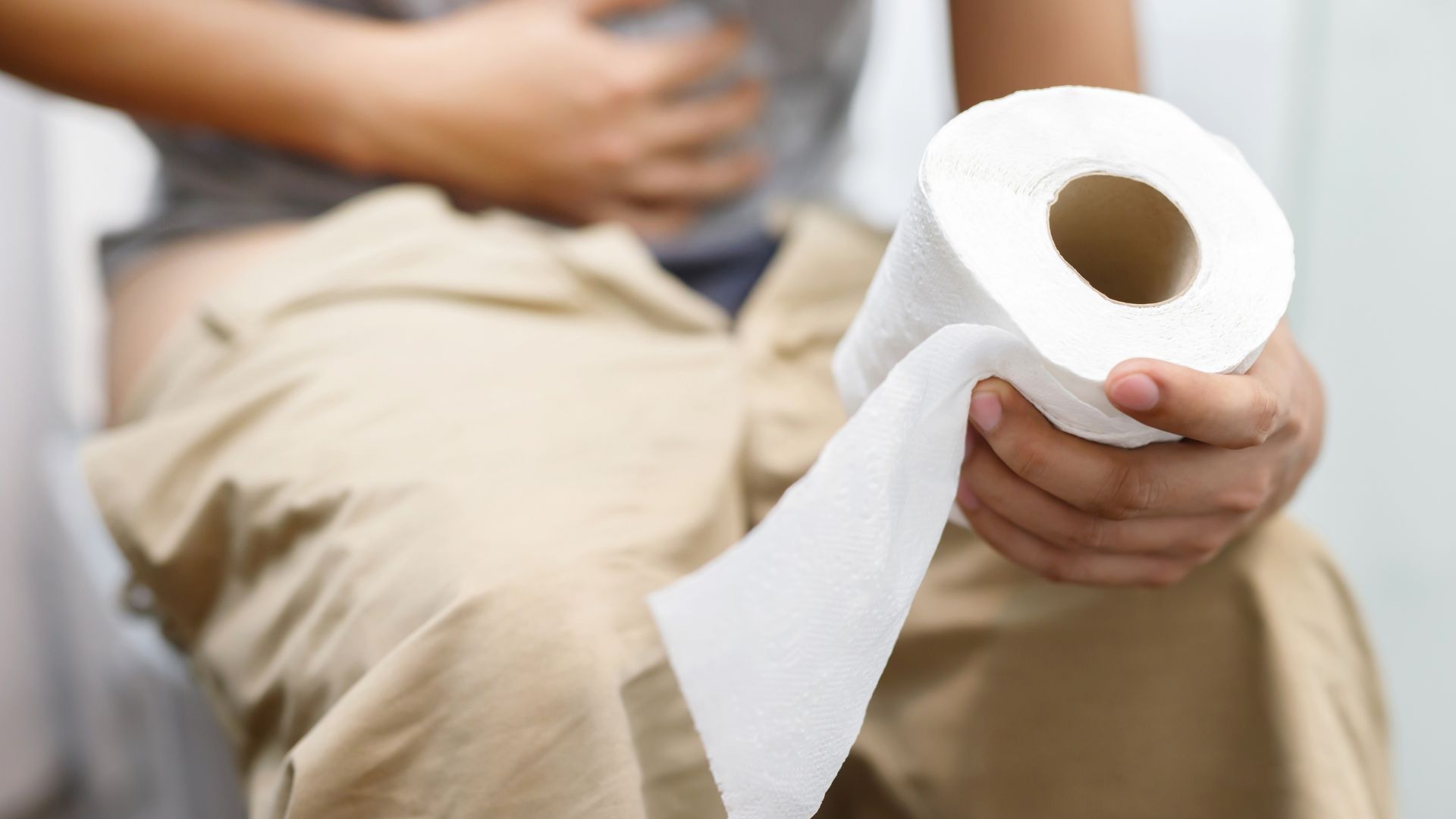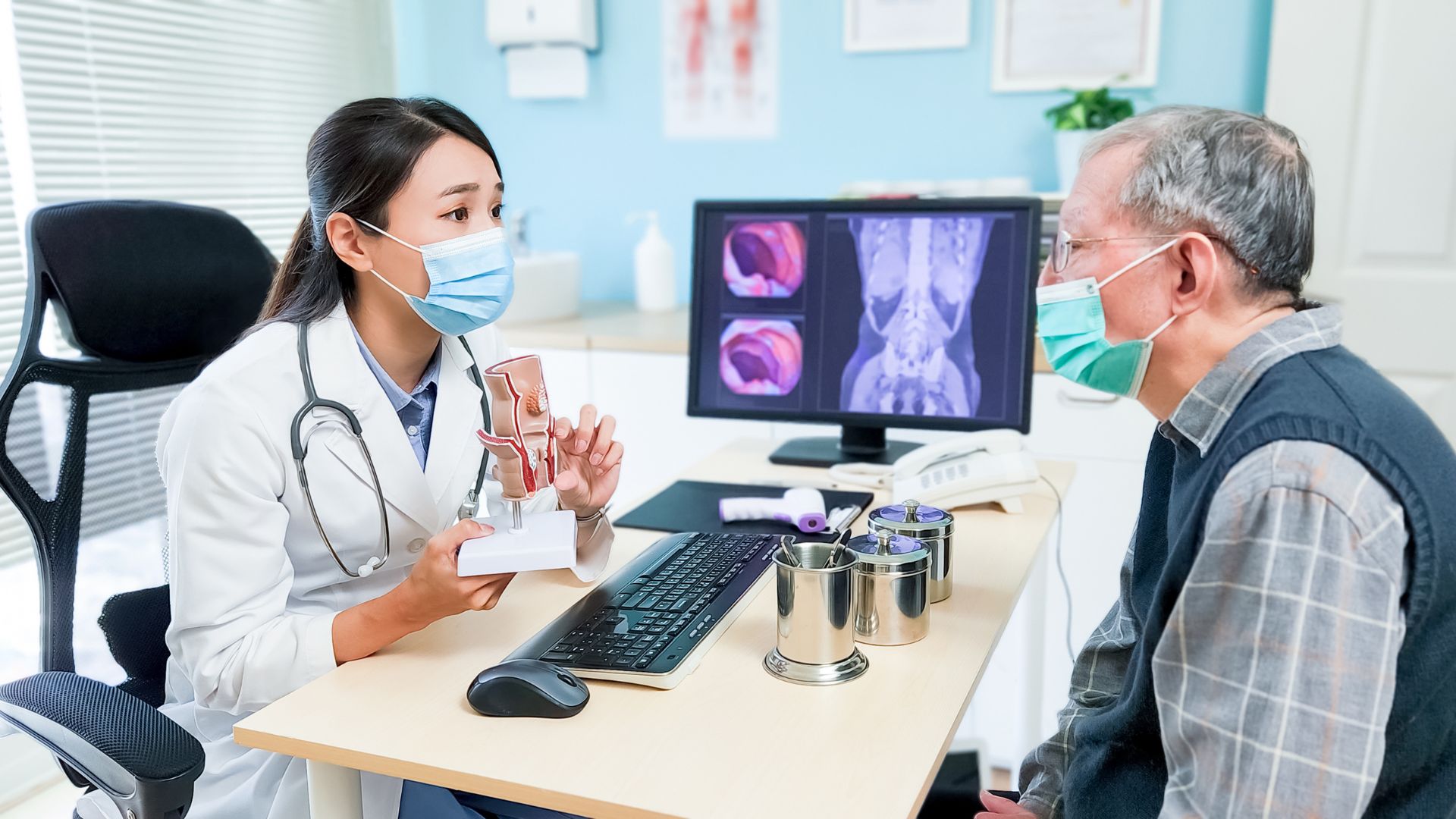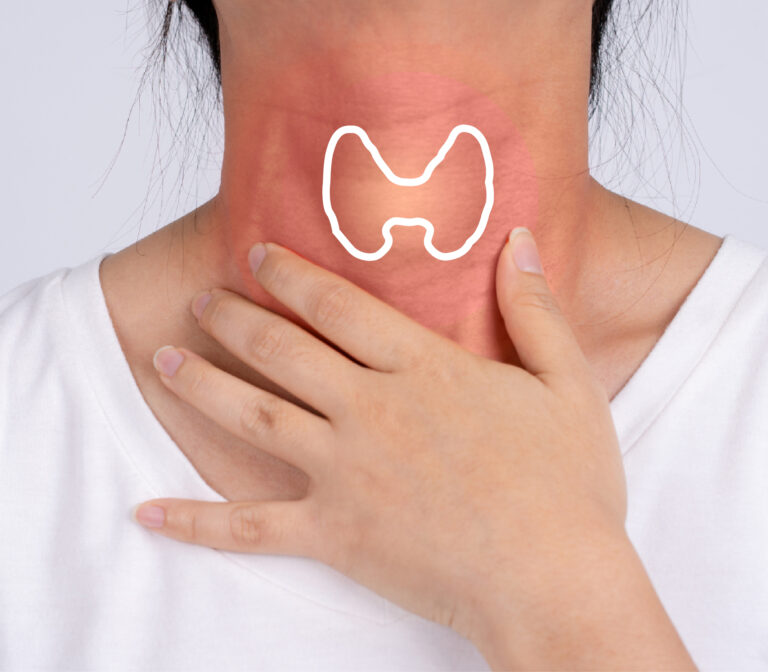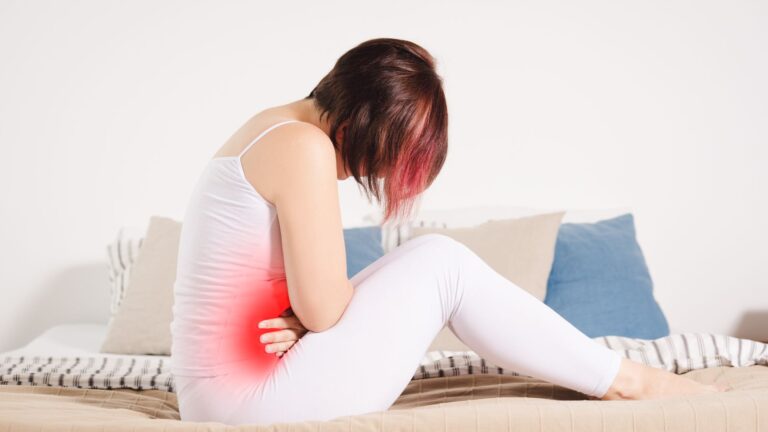Bowel movement is probably not a conversation topic with your colleagues. But knowing what a healthy bowel activity looks like is vital for your overall digestive health. From how often you go to the bathroom to what your stool looks like, these everyday details matter more than you think. A spicy meal or a stressful day can shake things up temporarily, but if you notice changes lasting for more than a few weeks, it might be a sign that something’s off. In this article, learn about what’s “normal,” what can mess things up, and how to keep your gut happy and healthy.
Table of Contents
ToggleWhat Are Bowel Habits?
Bowel habits refer to the frequency, consistency, and control of your bowel movements, as well as their appearance. These habits are influenced by various factors and can fluctuate due to lifestyle changes such as travel, stress, diet, and hydration levels. For example, spicy food often causes diarrhoea as it contains a chemical called capsaicin that irritates the intestinal lining, speeding up the digestion process.
Age is another significant factor that impacts bowel habits. As we age, the muscles responsible for controlling bowel movements can weaken, leading to changes in frequency or control. Individuals over the age of 65 are more prone to issues such as constipation or fecal incontinence. This is often compounded by reduced physical activity, changes in diet, or taking medications for other common conditions in older adults.
A healthy bowel habit varies for everyone. Most people typically have bowel movements ranging from three times a day to three times a week. Beyond frequency, the consistency and ease of passage are other indicators of bowel health as well. Healthy stools are generally soft, well-formed, and easy to pass without straining. In contrast, stools that are hard and lumpy may indicate constipation, while overly soft or watery stools are characteristic of diarrhoea. The Bristol Stool Chart is a diagnostic tool for doctors to assess various digestive issues based on the type and shape of your stool.
Understanding what’s normal for you and the triggers that affect your bowel habits is key to recognising when something is amiss.
Common Causes of Change in Bowel Habits
Changes in bowel habits can be from a temporary change in lifestyle or a dietary allergy. Some common reasons include:
Low fibre intake
There are 2 types of fibre: soluble and insoluble. Insoluble fibre, often found in foods like whole grains, chia seeds, broccoli prevents constipation by bulking up the stool, creating a laxative effect. Soluble fibre found in oats, beans, and fruits absorbs excess fluids which can alleviate diarrhoea. A mix of both fibres promotes better gut health and regulates your bowel movement.
Low water intake
Water is essential for smooth digestion. It helps to break down food, produce mucus, and provide electrolytes essential for digestive muscles to contract and move food effectively through the digestive tract. Drinking less than 2 litres of water per day consistently would cause digestive issues, affecting bowel movement.
Food intolerance
Intolerance refers to foods that your body cannot digest. Unlike a food allergy, food intolerance does not trigger the immune system but affects the digestive tract, causing discomfort like bloating, abdominal pain, diarrhoea, or constipation. Lactose intolerance, common in Asians, often results in diarrhoea as the body attempts to expel the undigested lactose quickly. Intolerance to fermentable carbohydrates (FODMAP) found in many foods like fruits and grains will retain and ferment longer in the gut, causing bloating and gas.
Medications
Many types of medications affect digestion by altering the gut bacteria or the digestive muscles. Antibiotics can kill healthy bacteria in the gut necessary for digestion, slowing down bowel movements. Certain antidepressants can block the parasympathetic nervous system responsible for digestion, leading to less regular bowel activity.
Lifestyle
Stress activates your sympathetic nervous system, which also reduces activity in your digestive system, leading to constipation. Similarly, a sedentary lifestyle reduces blood flow to the abdominal muscles, weakening the muscles for digestion and bowel movement. For women, you may have more frequent visits to the toilet before your menstruation as your body releases prostaglandins, a hormone that stimulates both uterine and intestinal muscle contractions.
At times, changes like diarrhoea or constipation that last longer than two weeks might indicate underlying medical conditions including but not limited to:
- Gastroenteritis: Infection of the stomach and intestines caused by bacteria, viruses, parasites, or toxic chemicals from contaminated food sources. It causes a range of symptoms including nausea, vomiting, diarrhoea, fever, and more.
- Inflammatory bowel disease (IBD): This is a broad term that encompasses chronic inflammation of the gastrointestinal tract. Crohn’s disease is a common type of IBD that irritates the outer lining of the intestines. It can cause diarrhoea and intestinal bleeding, which makes your stool appear dark red.
- Colorectal cancer: Patients experience either constipation or diarrhoea. Stool will appear thinner as the tumour obstructs the colon. Other symptoms include unexplained weight loss, rectal bleeding, and abdominal pain.
It is recommended that colon screening should start at age 50 years for individual without any risk factors. Learn more about our colon cancer screening.
When Should You Be Concerned?
While changes in bowel habits can be from temporary stresses in life, persistent diarrhoea, constipation, or other symptoms that last more than two weeks should be checked out. Book an appointment with your doctor if you have these accompanying symptoms:
- Passing watery stool for more than 24 hours, or not passing stool for more than a week
- Abdominal pain
- Weight loss or loss of appetite
- Red or black stool
- Mucus or pus in your stool
Change in Bowel Habits and Colon Cancer
Persistent changes in bowel habits can be an early warning sign of colon cancer, a condition that often begins with subtle, easily overlooked symptoms. These changes may include changes in stool frequency, consistency, or appearance such as prolonged diarrhoea, chronic constipation, or narrow stools. Other key warning signs include:
- Rectal bleeding, which may appear as bright red blood or dark, tar-like stool
- Unexplained fatigue caused by anaemia from chronic blood loss
- Persistent abdominal discomfort
- Weight loss
- Feeling of incomplete bowel emptying
Recognising these symptoms early and seeking medical attention is crucial for timely diagnosis and improved outcomes.
Importance of Early Detection
In Singapore, colorectal cancer was the top 3 most common cancers for both men and women, with more than 1500 cases diagnosed per year. It is also one of the leading causes of cancer-related deaths in Singapore. While prognosis improves when the cancer is treated earlier, people often miss the window for early detection as the initial stages of cancer are often asymptomatic. Hence, routine screening is vital to detect for abnormalities, especially if you have a family history of colorectal cancer or inflammatory bowel disorders.
The main screening methods include:
Physical examination
The doctor will first feel your abdomen for any swelling and pain upon pressure. To examine problems in the rectum and anus, they may insert a gloved, lubricated finger into the anus to check for lumps or swelling. If you feel uncomfortable, let your doctor know. However, this process should not be painful.
Colonoscopy
This involves the insertion of a long flexible tube called a colonoscope into the rectum. It is attached to a tiny camera that allows the physician to visualise any abnormalities along the colon like inflammation, polyps, ulcers, or tumours. To clean the bowel, you may be required to take laxatives before the examination. Solid foods are usually not allowed the day before the exam. During the examination, sedation or painkillers may be provided to minimise any discomfort. Air and water may be injected to clean and expand the colon for better visualisation. Hence, you may feel bloated for a few hours afterwards. If polyps are detected, a small sample will be extracted and sent for laboratory testing to determine if they are cancerous. The whole process takes around 30 to 60 minutes.
CT / MRI scan
If colonoscopy is not suitable for the patient, visualisation of the colon can also be performed outside the body. MRI and CT scans capture images of the colon using radio waves and X-rays respectively. Doctors will then analyse the images to check for polyps or other abnormal growth.
Immunochemical faecal occult blood test (iFOBT)
Occult blood is small amounts of blood in the stool not visible to the naked eye. iFOBT can detect the presence of occult blood using specific antibodies that bind to red blood cells. While this test only tells you that there is bleeding in the colon, further tests like a colonoscopy will be required to narrow down the exact cause. This test requires you to submit a small sample of stool, which will be sent to the lab for analysis.
Tips to Maintain Healthy Bowel Habits
A healthy gut is the key to maintaining a good bowel habit. This relies heavily on good lifestyle choices including:
- Diet: Maintaining a balanced intake of water and fibre is essential for overall health and well-being. It is recommended that men consume a minimum of 3.2 litres of water daily, while women should aim for at least 2 litres. Try to incorporate around 30 grams of fibre daily, which is equivalent to two servings of fruits or vegetables.
- Exercise: Get a minimum of 20 minutes of movement each day to keep the blood flow throughout the digestive organs. For most office workers, make sure to get up and stretch every hour or so to minimise pressure on the internal organs.
- Regular screening: Colorectal screening is recommended once every 10 years. Depending on your history of colorectal cancer or polyps, your doctor may recommend more regular screenings ranging from once every 1 to 7 years.
- Avoid overuse of laxatives: Consistent use of laxatives may make your body overreliant on them to go. Discuss a plan with your doctor to slowly wean off the dosage or frequency of laxatives use to regain your natural bowel routine.
- Regular bowel routine: Don’t ignore the urge to go. Train your body to have bowel movements during the same time of the day.
- Keep a food log: If you are unsure of your food intolerance or allergies, keep track of your daily food intake and how it made you feel e.g. bloating, abdominal pain, diarrhoea etc.
Conclusion
Maintaining healthy bowel habits is vital for your digestive health and overall well-being. While temporary changes may result from lifestyle factors like diet or stress, persistent issues such as diarrhoea, constipation, or unusual stool appearances warrant medical attention. Bloody stool, severe abdominal pain and constipation are red flags for serious concerns including colon cancer. Adopting a balanced diet, staying hydrated, exercising regularly, and scheduling routine screenings are simple but effective ways to support your gut health. Take charge of your digestive health today—your body will thank you!
Safeguard Your Health Today
At Centre for Screening and Surgery, we prioritise delivering quality and comfortable early cancer screening and treatment using minimally invasive procedures. If you are concerned about your bowel movements and are looking for a colorectal screening, call us to book an appointment today!





